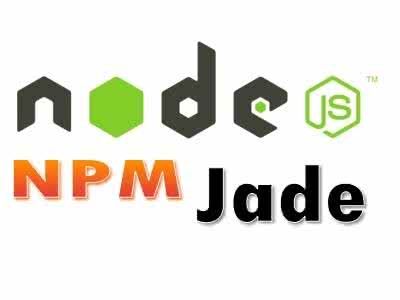Fog computing has become an attractive research topic in recent years. As an extension of the cloud, fog computing provides computing resources for Internet of Things (IoT) applications through communicative fog nodes located at the network edge. Fog nodes assist cloud services in handling real-time and mobile applications by bringing the processing capability to where the data is generated. However, the introduction of fog nodes can increase scheduling openness and uncertainty. The scheduling issues in fog computing need to consider the geography, load balancing, and network latency between IoT devices, fog nodes, as well as the parent cloud. Besides, the scheduling methods also need to deal with the occurrence of uncertain events in real-time so as to ensure service reliability. This paper proposes an agent-based framework with a decentralized structure to construct the architecture of fog computing, while three agent-based algorithms are proposed to implement the scheduling, load balance, and rescheduling processes. The proposed framework is implemented by JADE and evaluated on the iFogSim toolkit. Experimental results show that the proposed scheduling framework can adaptively schedule tasks and resources for different service requests in fog computing and can also improve the task success rate when uncertain events occur.
翻译:暂无翻译




